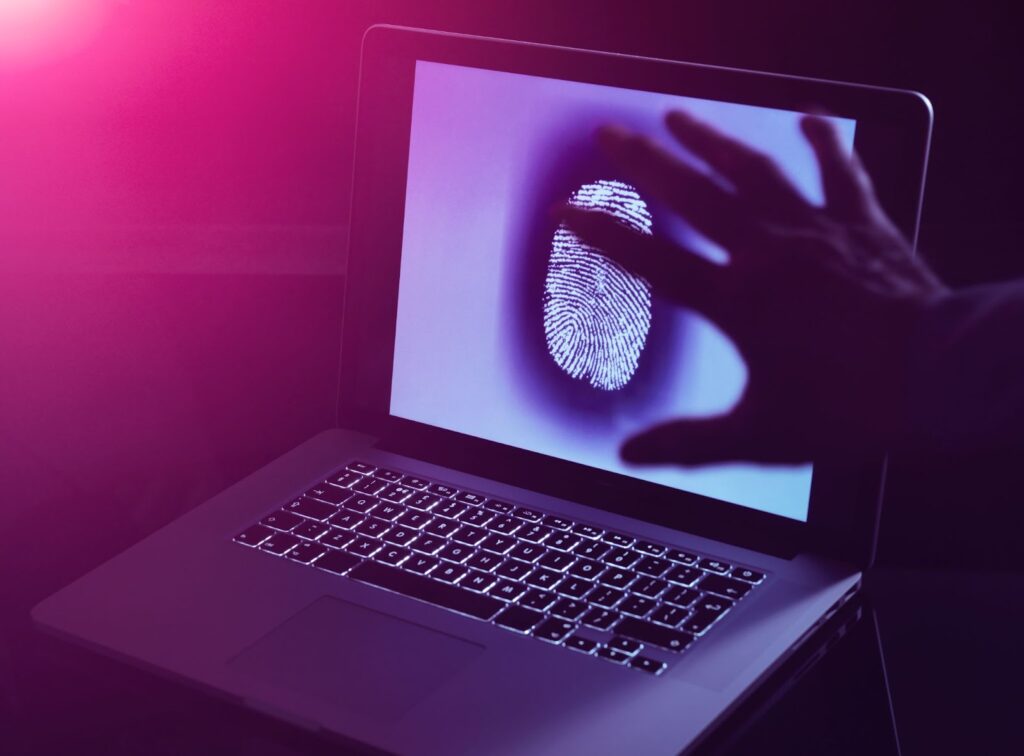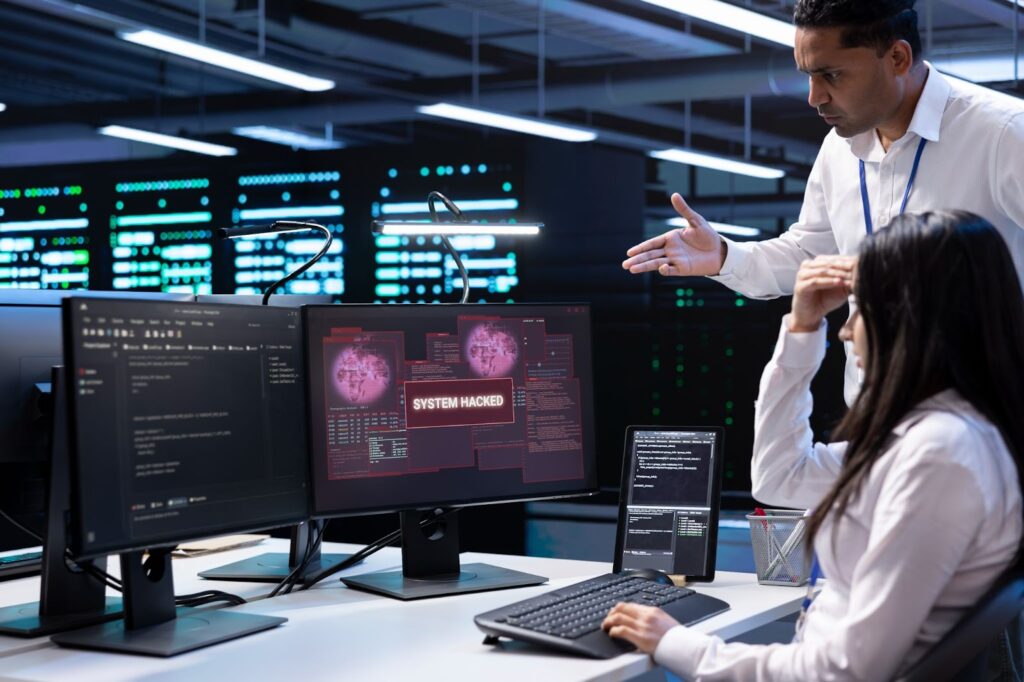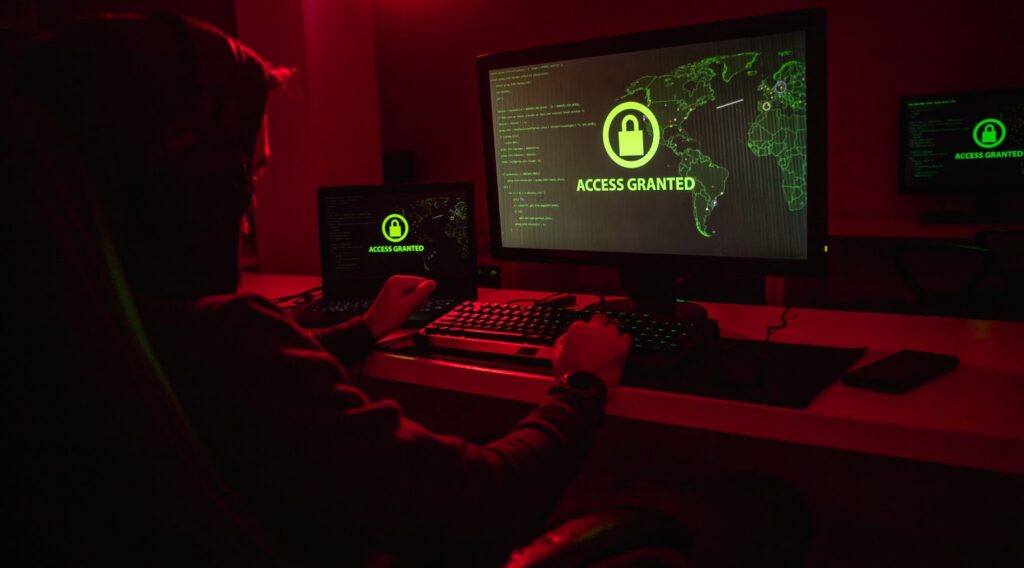
In today’s digital world, where cybercrime, data breaches, and digital fraud are increasingly common, computer forensic investigators play a critical role in uncovering digital evidence and solving cyber-related crimes. These professionals use advanced forensic techniques to analyze computers, mobile devices, and other digital storage mediums to retrieve and examine evidence for legal, corporate, and security investigations. This blog will explore the role of a computer forensic investigator, their key responsibilities, the tools and techniques they use, and how they contribute to cybersecurity, law enforcement, and corporate investigations.
What is Computer Forensics?
Computer forensics, or digital forensics, is a specialized branch of forensic science focused on identifying, recovering, analyzing, and preserving digital evidence from electronic devices. Computer forensics aims to uncover critical information that can be used in criminal investigations, legal cases, cybersecurity incidents, and corporate disputes. Digital forensics follows a structured process to ensure the integrity and admissibility of digital evidence in court or corporate investigations, which includes data collection, analysis, reporting, and legal presentation.
What is a Computer Forensic Investigator?
A computer forensic investigator is a trained specialist who applies forensic techniques to extract and analyze data from various digital devices, including computers, laptops, smartphones, tablets, external hard drives, USB devices, cloud storage, and network logs. They also investigate digital trails on social media and email accounts. These experts work in diverse environments, such as law enforcement agencies, private investigation firms, cybersecurity teams, corporate IT departments, and government agencies, to uncover cybercrimes, security breaches, and digital fraud, playing a crucial role in modern investigative processes.
Key Responsibilities of a Computer Forensic Investigator
A computer forensic investigator’s job is highly technical, requiring expertise in forensic tools, cybersecurity, and legal compliance. Some of their key responsibilities include:
Collecting and Preserving Digital Evidence
One of the most important tasks of a computer forensic investigator is to secure digital evidence without altering or damaging the data. Forensic imaging tools create an exact copy of a device’s hard drive or storage system. The original evidence is always preserved to maintain its integrity.
Conducting Cybercrime Investigations
Forensic investigators play a crucial role in solving cybercrimes, including hacking, identity theft, ransomware attacks, phishing scams, and insider threats. They analyze logs, trace IP addresses, and uncover malicious activities to identify cybercriminals.
Recovering Deleted or Encrypted Data
Forensic investigators use specialized software to recover and reconstruct lost or hidden data, even when files are deleted or encrypted. This software can be crucial in cases of fraud, intellectual property theft, and criminal investigations where evidence has been intentionally erased.
Analyzing Network and System Logs
By reviewing system and network logs, forensic investigators can detect unauthorized access attempts, suspicious user behavior, and data breaches. This detection helps businesses and law enforcement identify security vulnerabilities and prevent future attacks.
Assisting in Legal and Criminal Cases
Computer forensic experts often testify as expert witnesses in court cases. They provide detailed reports of their findings and explain technical evidence to attorneys, judges, and juries in an understandable and legally admissible way.
Investigating Employee Misconduct and Insider Threats
Many organizations hire forensic investigators to handle internal investigations related to employee misconduct, such as data theft, policy violations, and inappropriate use of company resources. These experts analyze emails, documents, and device usage to determine whether an employee engaged in unethical or illegal activities.
Strengthening Cybersecurity Measures
Beyond investigations, computer forensic specialists help businesses improve cybersecurity defenses by identifying system vulnerabilities, implementing data protection strategies, and recommending best practices to prevent future incidents.
Tracking Digital Fraud and Financial Crimes
Financial fraud and cyber-enabled crimes, such as credit card fraud, money laundering, and online scams, often require forensic investigation. Experts analyze transaction records, email trails, and IP addresses to trace fraudulent activities.
Responding to Data Breaches
When an organization suffers a data breach, forensic investigators step in to determine how the attack happened, what data was compromised, and how to prevent further damage. They work with cybersecurity teams to develop incident response strategies.

Industries and Organizations That Need Computer Forensic Investigators
Computer forensic investigators work across multiple industries, providing cybersecurity, law enforcement, and corporate security expertise. Some key sectors that require forensic specialists include:
Law Enforcement Agencies
Police departments, the FBI, and other agencies use forensic investigators to analyze digital evidence in criminal cases, such as cyberstalking, terrorism, and drug trafficking.
Corporate Security Teams
Businesses employ forensic specialists to investigate data breaches, insider threats, and intellectual property theft.
Government and Intelligence Agencies
National security agencies rely on digital forensics to combat cyber threats, espionage, and cyberterrorism.
Legal and Private Investigation Firms
Lawyers and private investigators use forensic evidence in civil and criminal cases, including divorce proceedings, fraud cases, and digital harassment cases.
Financial Institutions and Banks
Forensic investigators help detect and prevent financial crimes, including embezzlement, insider trading, and fraudulent transactions.
Healthcare and Insurance Companies
Healthcare providers use forensic investigators to protect patient data from cyberattacks, while insurance companies investigate fraud using digital evidence.
The Role of Computer Forensic Investigators in Preventing Cybercrime
Computer forensic investigators examine computer systems, network logs, and digital communications to help organizations detect security breaches, insider threats, and fraudulent activities before they escalate.
Identifying and Mitigating Cybersecurity Threats
As cyber threats evolve, computer forensic investigators play an essential role in preventing cybercrime by identifying vulnerabilities before they can be exploited. These experts collaborate with cybersecurity teams to assess system weaknesses, conduct penetration testing, and implement robust security protocols. Forensic investigators help organizations strengthen their defenses against hacking attempts, malware infections, and insider threats by proactively analyzing potential risks.
Cybercrime Intelligence and Threat Monitoring
Beyond investigating cyber incidents after they occur, forensic specialists assist in cybercrime intelligence gathering. Monitoring the dark web, tracking suspicious transactions, and analyzing hacking patterns help law enforcement agencies stay ahead of cybercriminals. Their expertise not only aids in catching cyber offenders but also provides valuable insights into how criminal organizations operate digitally. Through these efforts, forensic investigators contribute to a more secure online environment for businesses, governments, and individuals.
The Growing Demand for Computer Forensic Investigators
The need for computer forensic investigators has increased dramatically as cybercrime and digital fraud become more prevalent. Businesses, government agencies, and law enforcement organizations recognize that cyber threats are no longer isolated incidents but ongoing risks requiring specialized expertise. From data breaches and hacking attempts to insider threats and identity theft, forensic investigators play a crucial role in uncovering evidence, mitigating damage, and strengthening digital security.
Rising Cybercrime and Data Breaches
As cybercrime becomes more sophisticated, the demand for computer forensic investigators has surged across industries. Organizations worldwide face increasing cyber threats, from ransomware attacks and financial fraud to insider threats and data breaches. Companies, governments, and law enforcement agencies need skilled forensic specialists to analyze digital evidence, trace cybercriminals, and mitigate future threats. The rise in cloud computing, remote work, and IoT (Internet of Things) devices has expanded the digital landscape, creating more opportunities for cybercriminals to exploit vulnerabilities. As a result, forensic investigators are now required to track and analyze digital evidence across multiple platforms, including cloud storage, encrypted networks, and decentralized digital environments.
Future Growth and Opportunities
As digital forensics evolves, the field presents exciting career opportunities for those passionate about technology, cybersecurity, and investigations. With advancements in AI-driven forensic analysis, blockchain tracking, and cloud security, forensic investigators will be at the forefront of protecting businesses and individuals from cybercrime. The demand for computer forensic investigators is expected to grow significantly in the coming years, with organizations prioritizing digital security, fraud prevention, and forensic readiness. Whether working in law enforcement, corporate security, or cybersecurity consulting, forensic investigators will remain essential in the fight against cyber threats, ensuring that digital evidence is uncovered, analyzed, and used to uphold justice.
Challenges Faced by Computer Forensic Investigators
Computer forensic investigators face numerous challenges as cybercriminals develop advanced methods to hide their activities. Encrypted and deleted data pose a major hurdle, requiring specialized tools to recover crucial evidence. Additionally, the rapid evolution of technology means investigators must continually update their skills to analyze new systems, cloud storage, and emerging technologies like blockchain.
Cloud computing can create jurisdictional issues, as data stored across multiple locations can complicate legal procedures. Investigators also work under tight time constraints, needing to recover volatile data before it’s altered or erased. Furthermore, legal and ethical considerations are paramount, as mishandling evidence or violating privacy laws can render findings inadmissible. Despite these challenges, forensic investigators play a vital role in uncovering digital evidence and ensuring justice in cybercrime cases.

The Vital Role of the Computer Forensic Investigator
Computer forensic investigators are vital in today’s digital world. They help law enforcement, businesses, and individuals uncover cybercrimes, recover lost data, and secure digital assets. Their expertise in forensic tools, cybersecurity, and legal compliance ensures that digital investigations are accurate, efficient, and legally sound. As cyber threats continue to evolve, the demand for skilled forensic investigators is growing. Whether you’re considering a career in digital forensics or need professional investigative services, computer forensics plays an essential role in protecting data, preventing crime, and ensuring justice.
To learn more about computer forensics, check out the Arkansas Investigations’ blog, which offers expert insights, investigative techniques, and industry updates. Stay informed about the latest trends in digital forensics and learn how forensic investigators help combat cyber threats every day.

